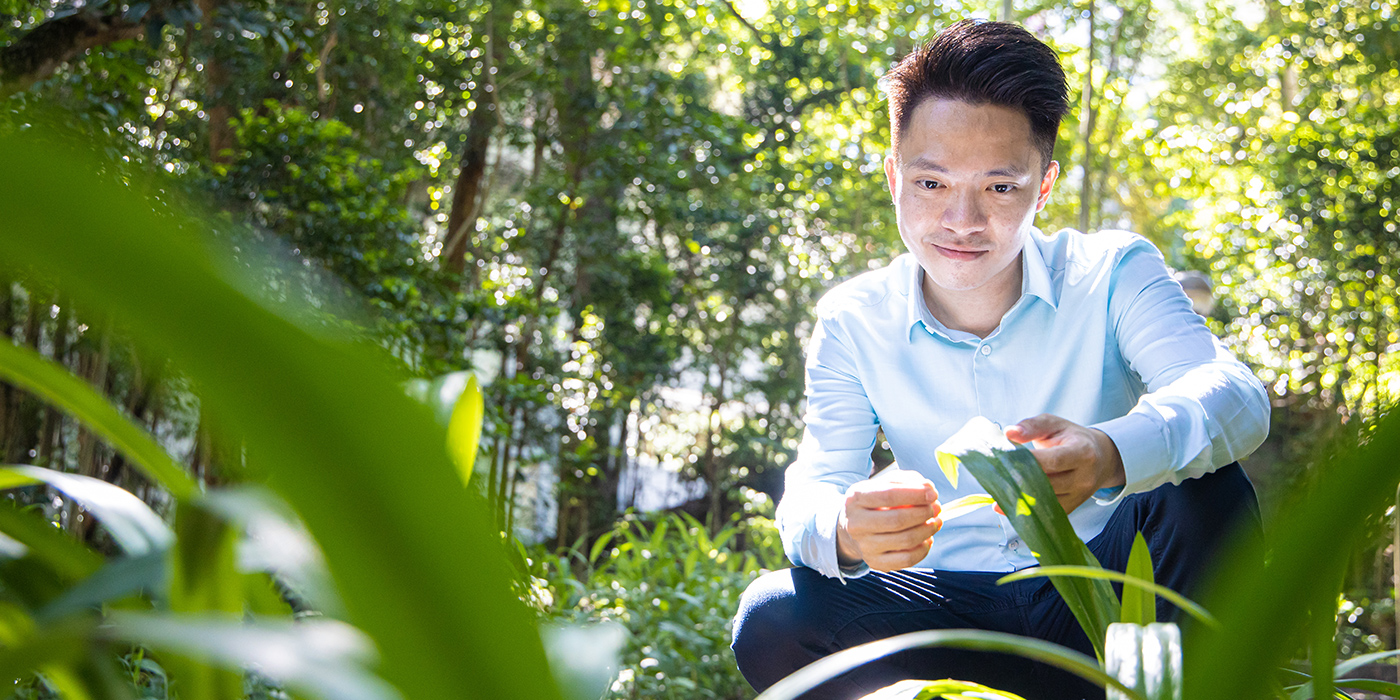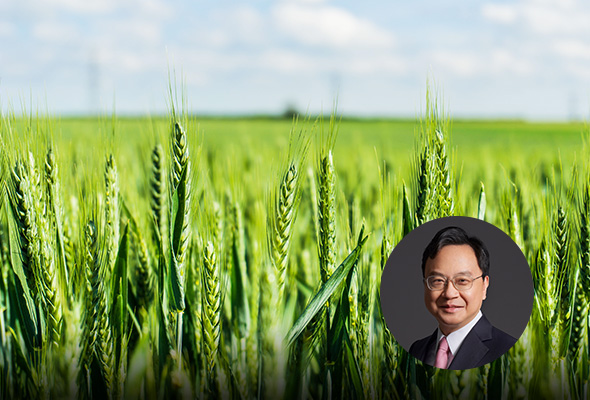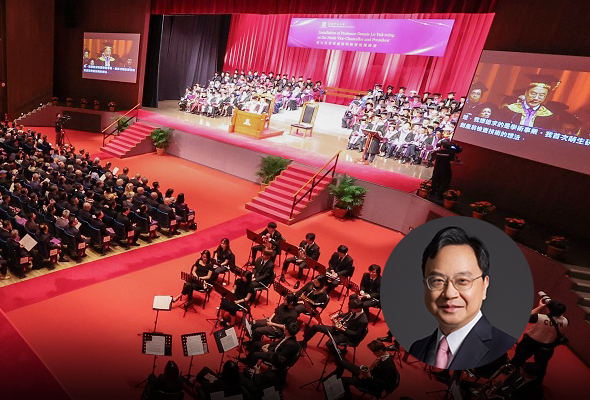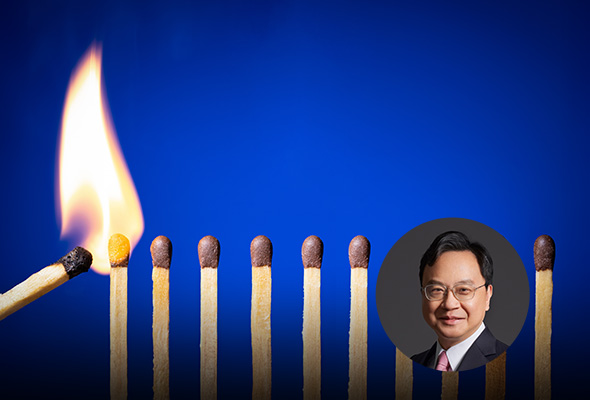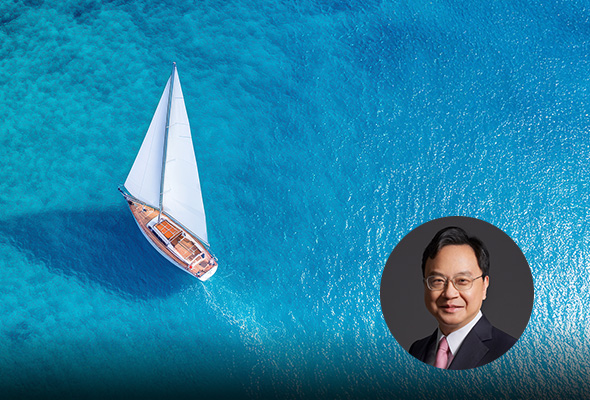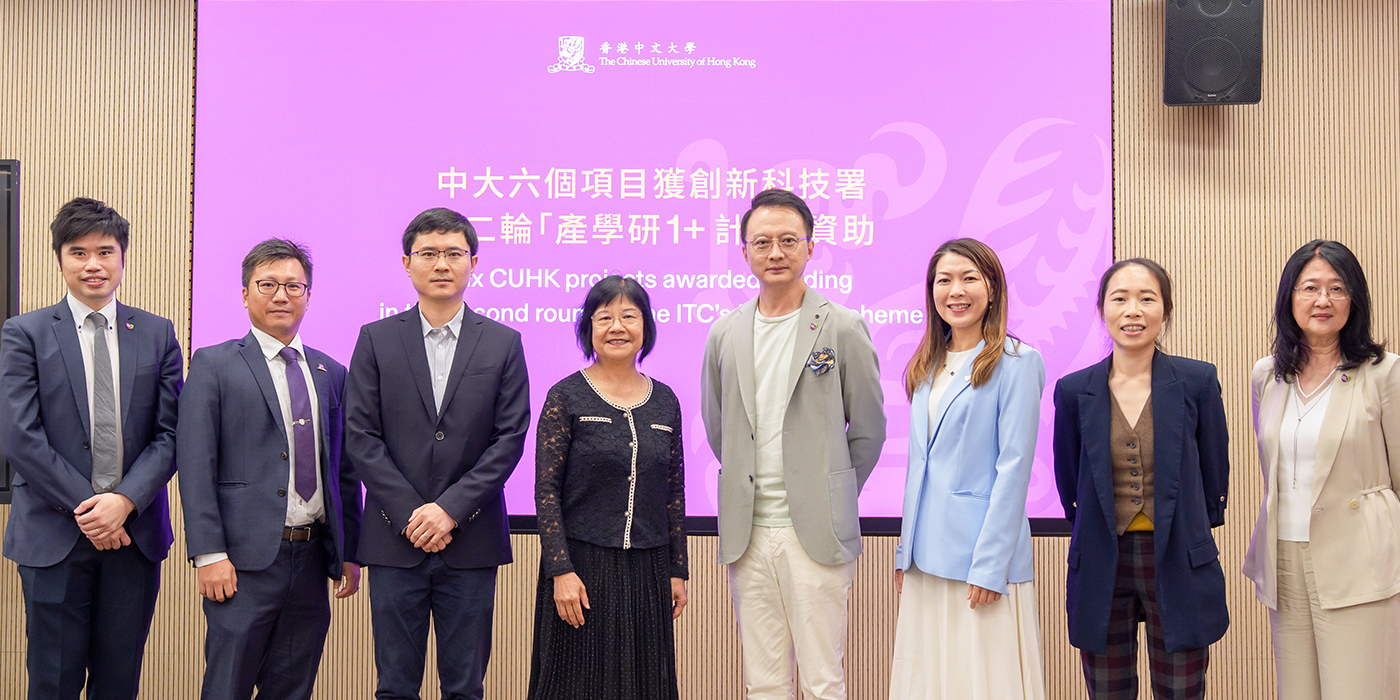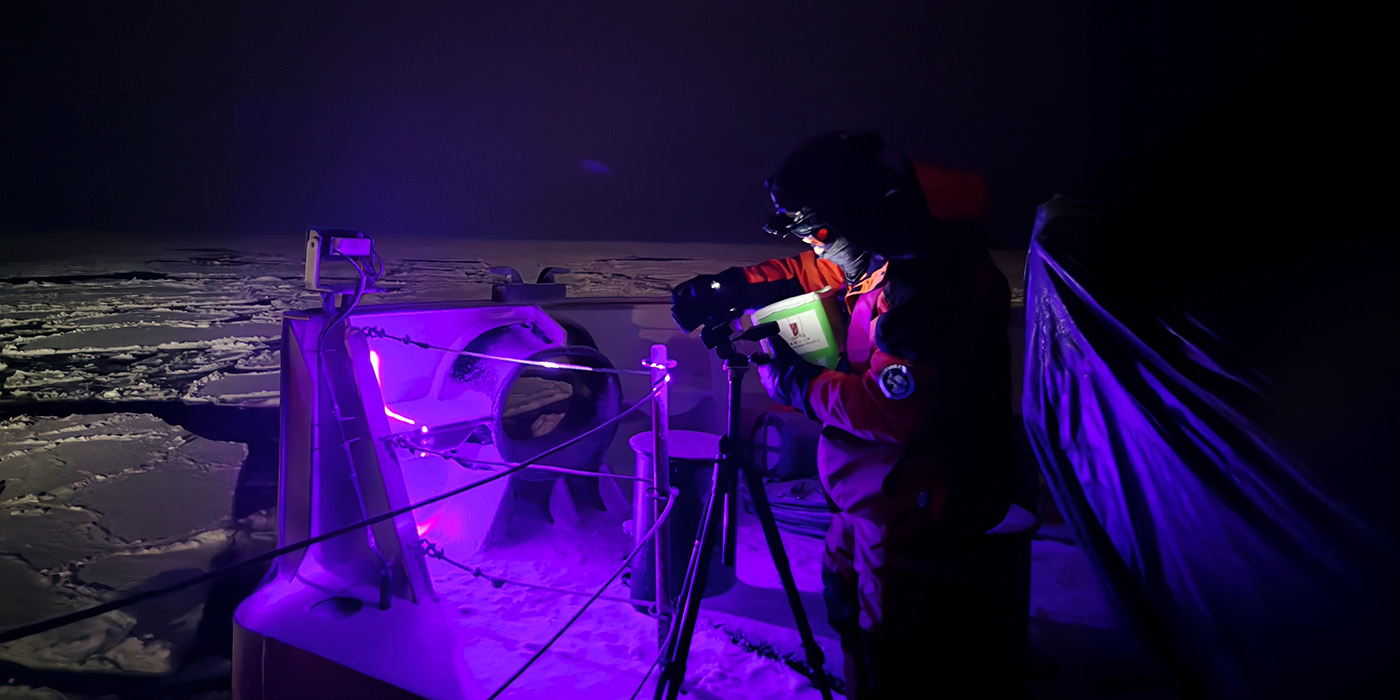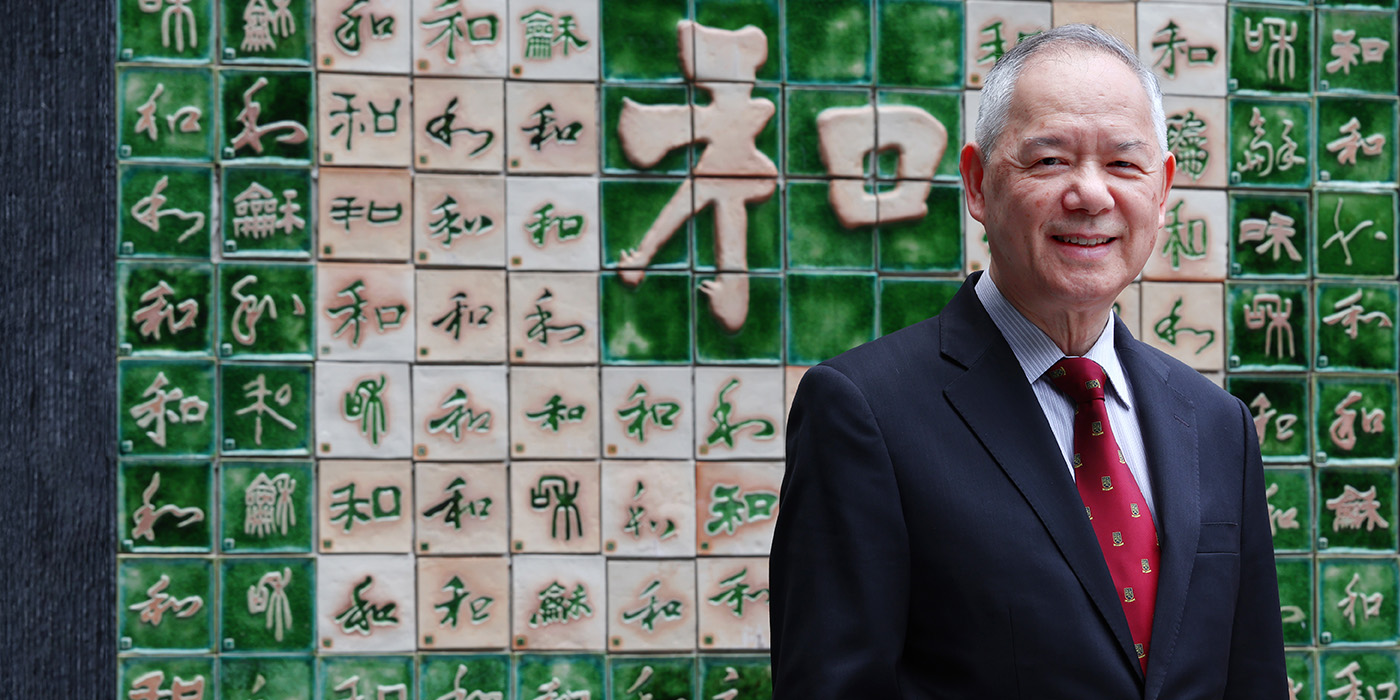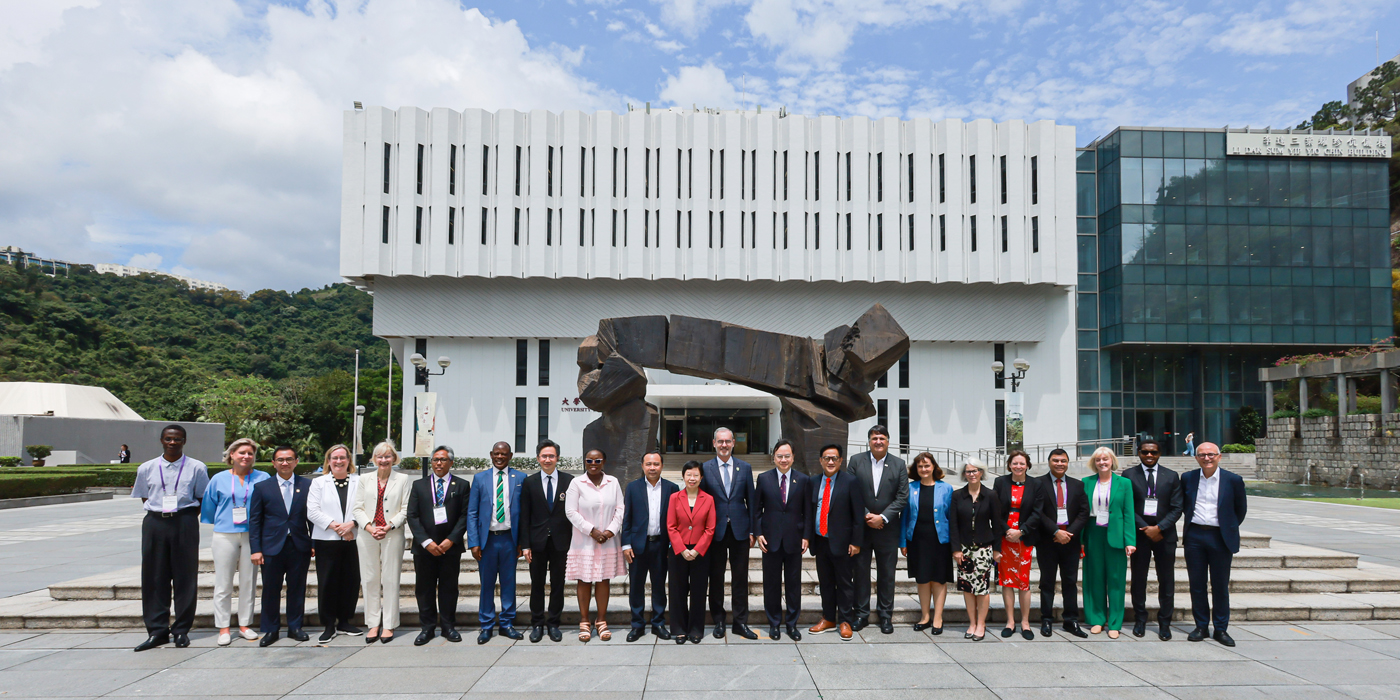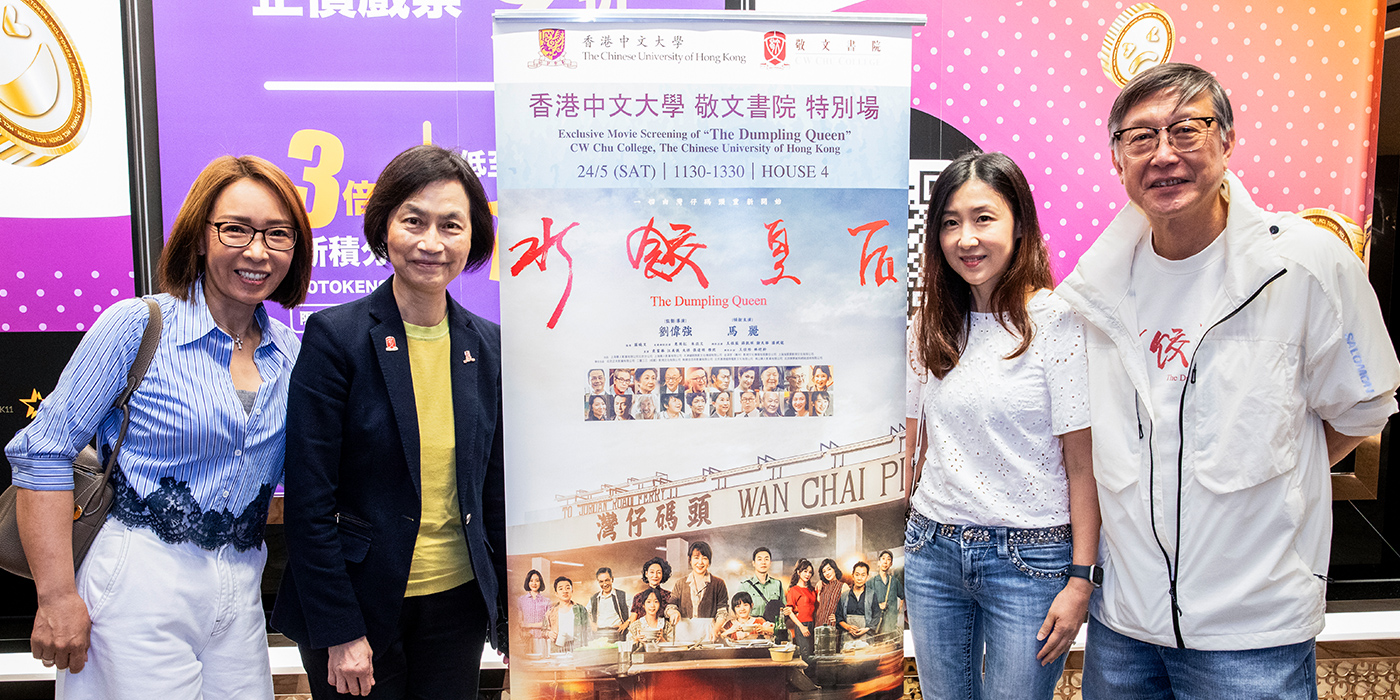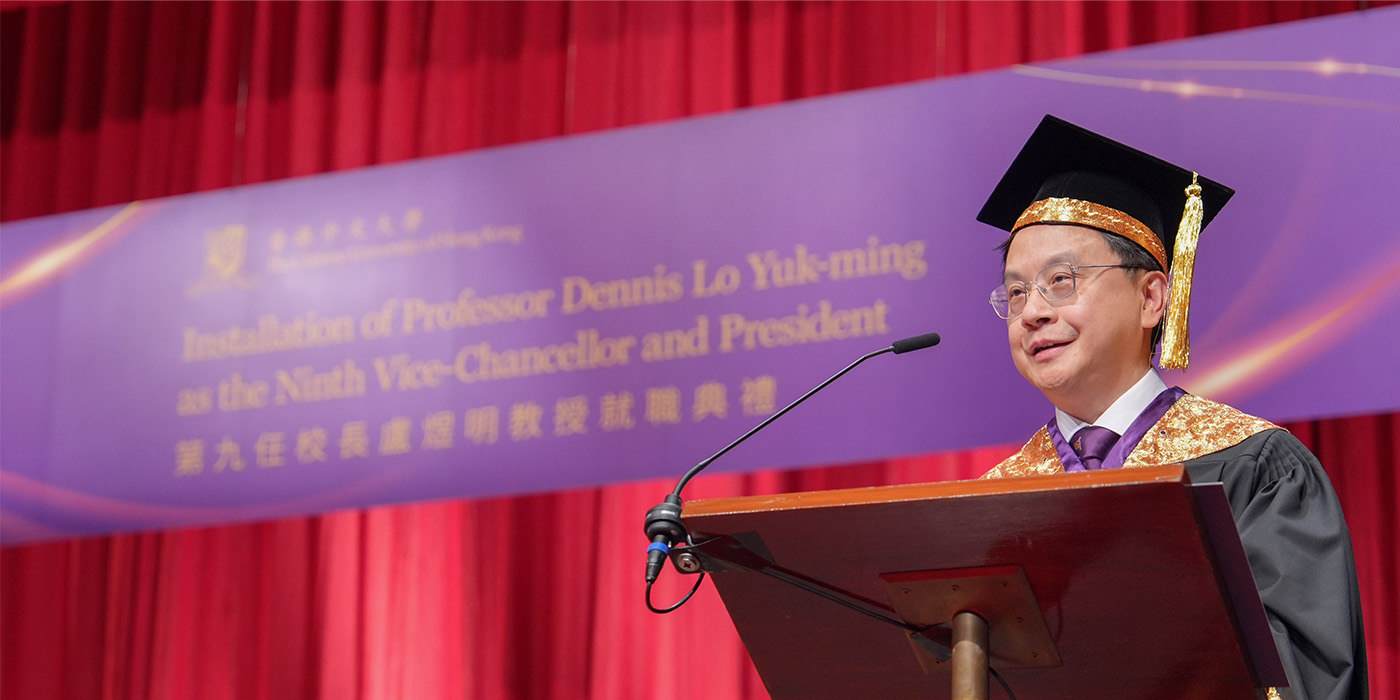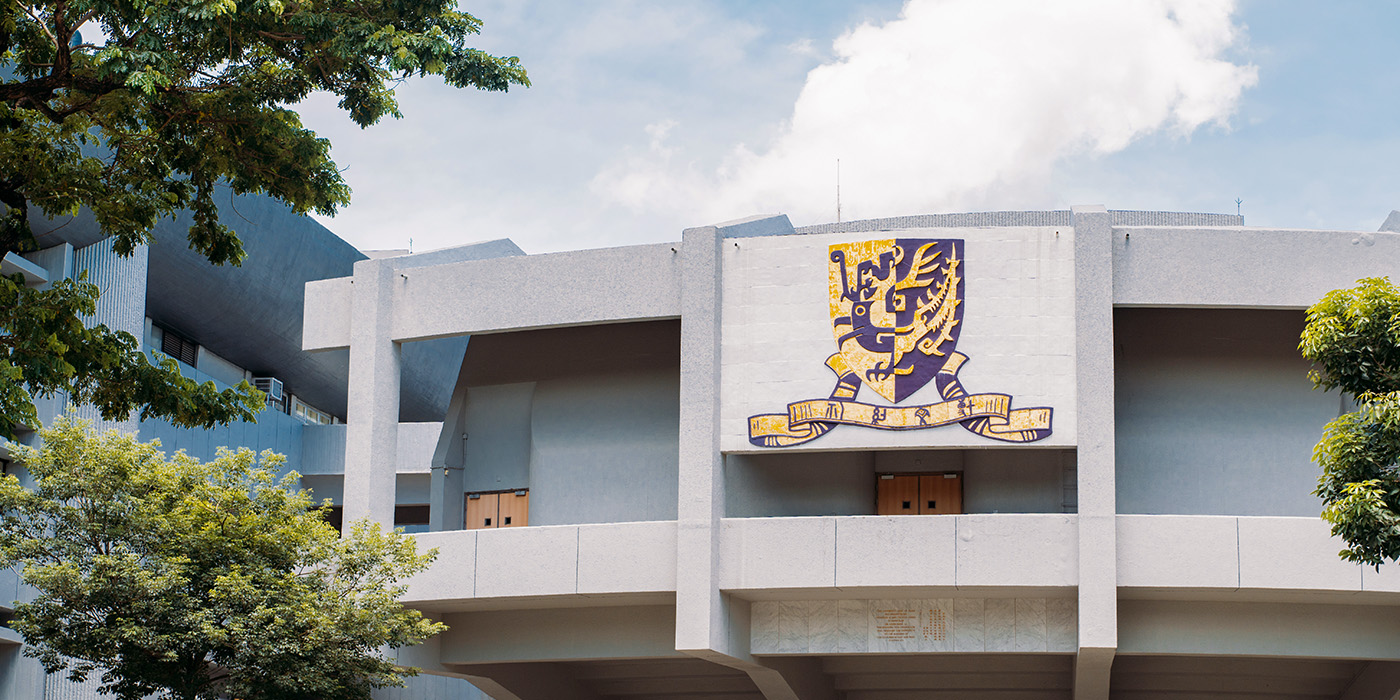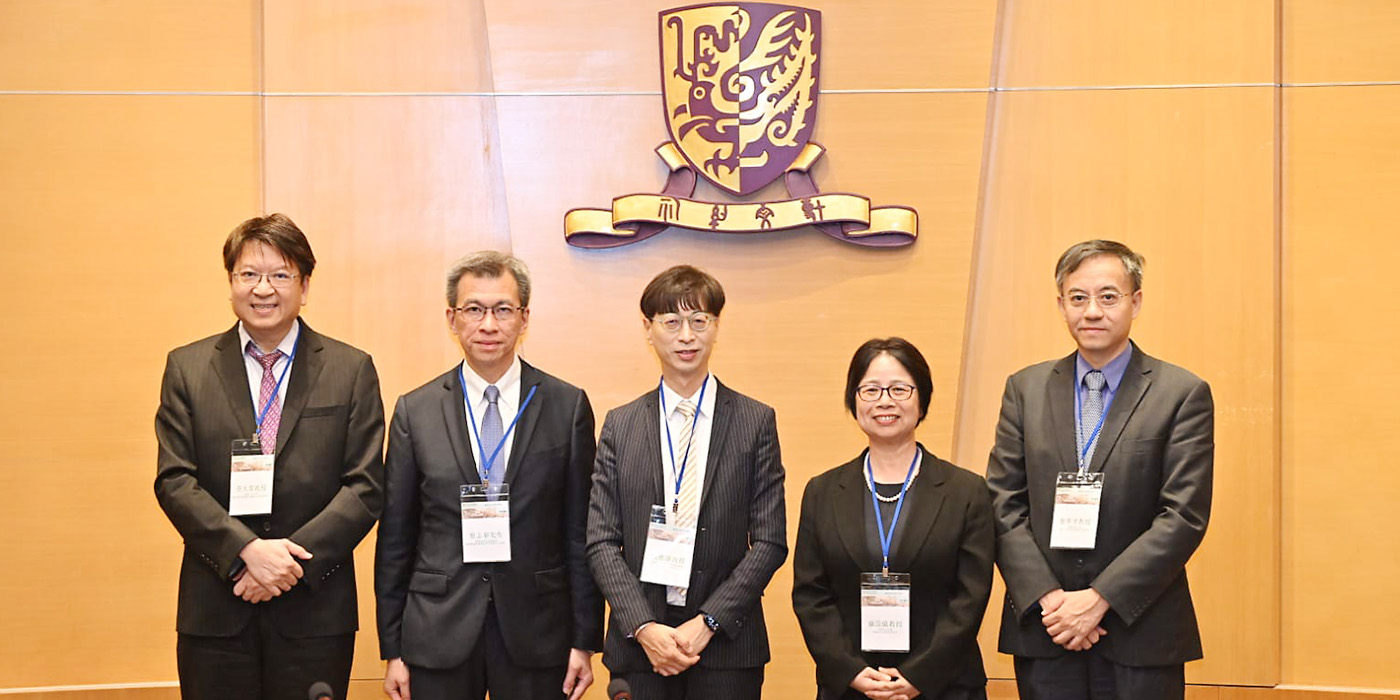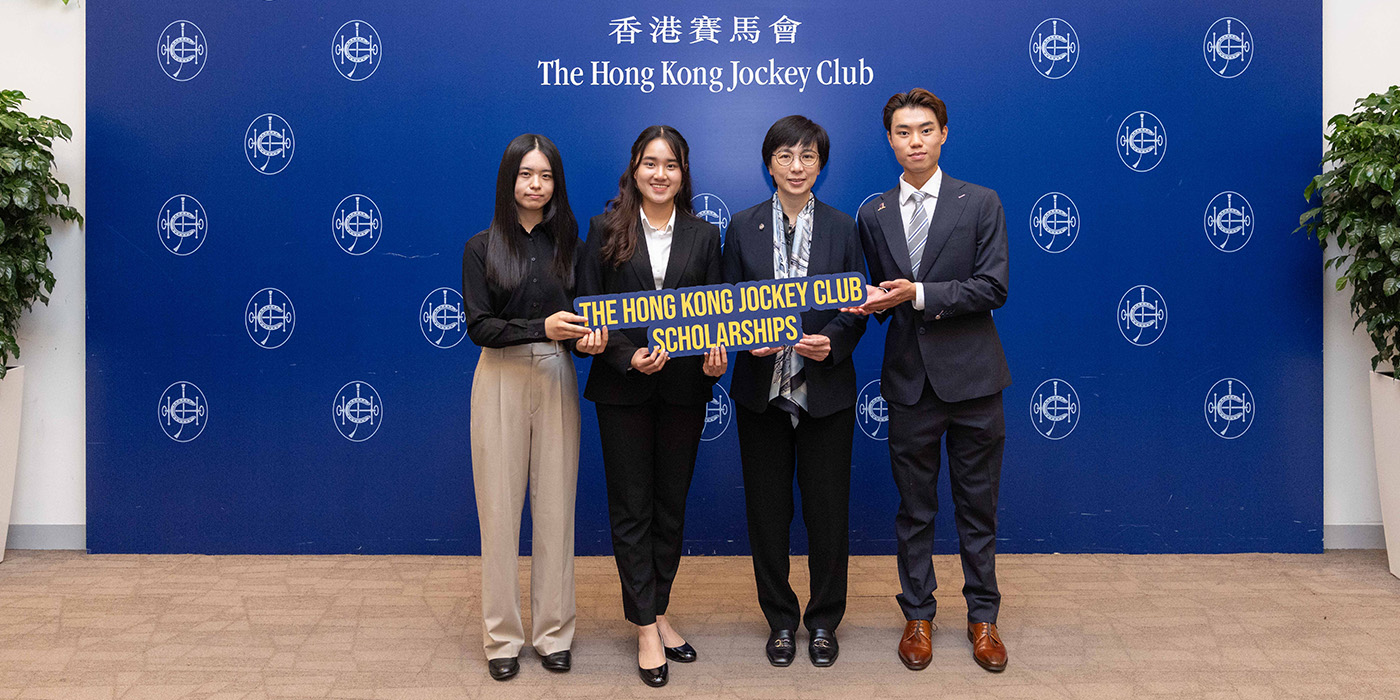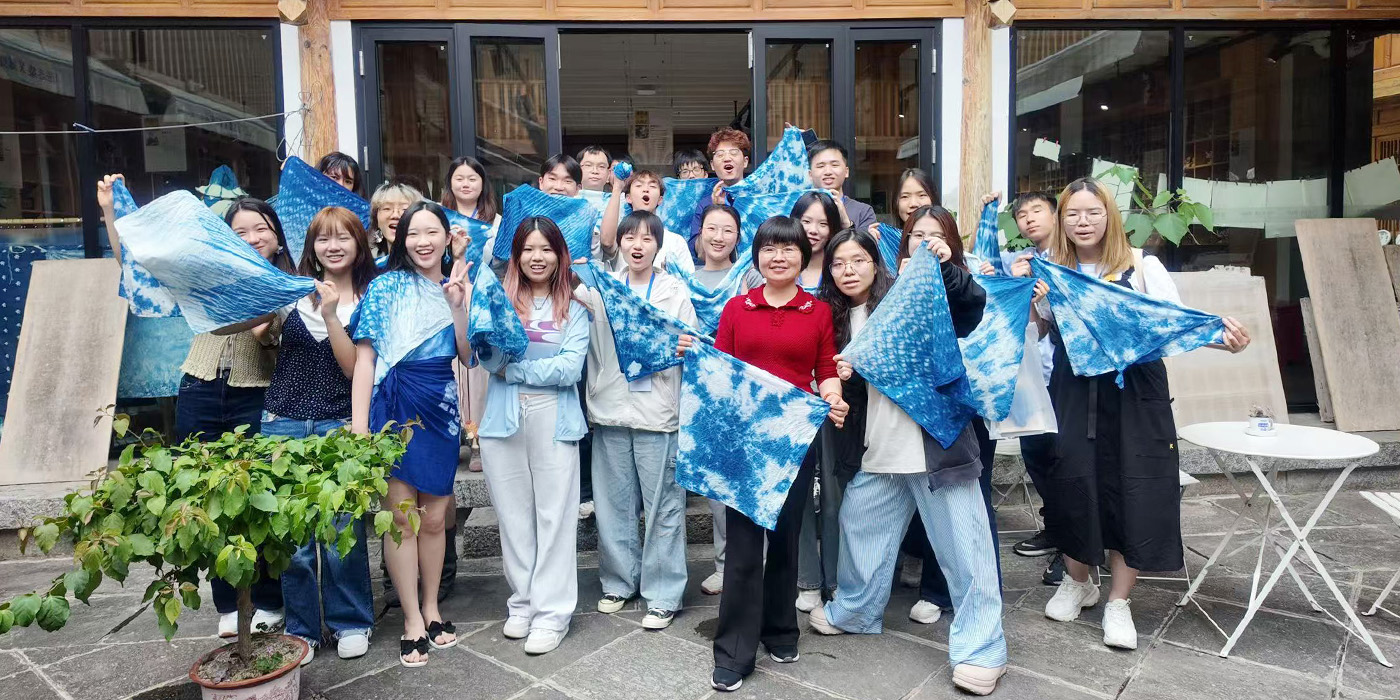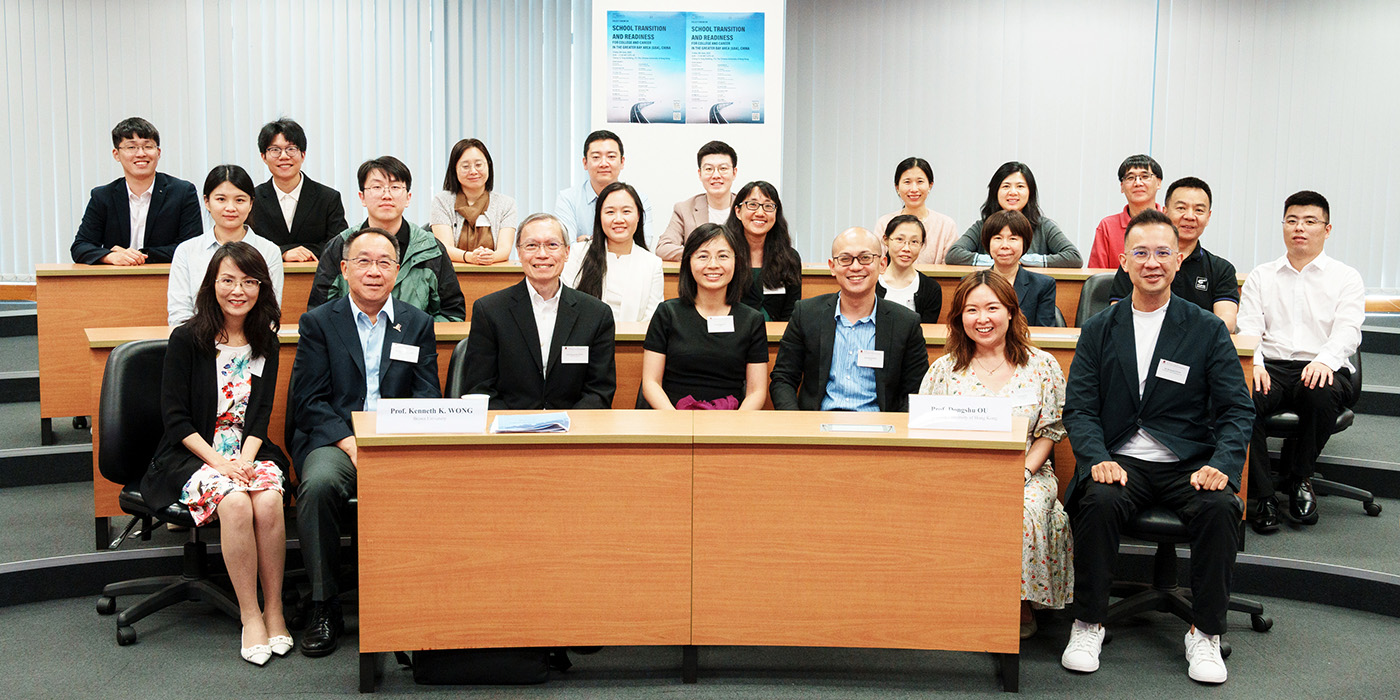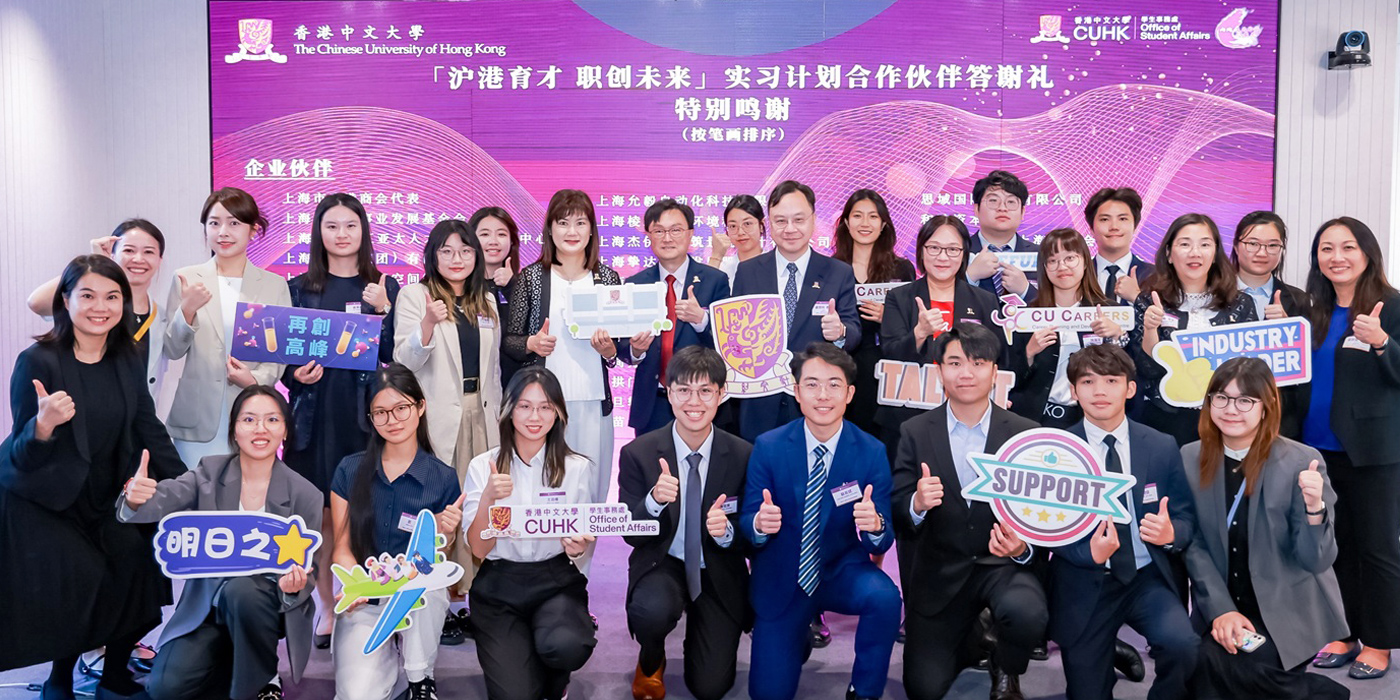The future is in our hands
Professor Amos Tai talks grassroots sustainability and environmental education
Tell us a bit about your research. What does it tell us about humans’ impact on the environment?
I’m interested in a wide range of environmental issues, including climate change, air pollution, food security and forest conservation. More precisely, I look at the interactions between them. At every step of the way, you see humans—just ordinary people like you and me—being at the centre of the issue.
There’s nothing abstract about the problems of air pollution and climate change. Their effects are real and deadly. That 20% of the increase in particulate matter, for example, translates into an additional 90,000 air pollution-related premature deaths every year. I can’t even begin to tell you of the effects of climate change. But just think about all the extreme weather events and wildfires we’ve seen around the world in recent years and all the people who have been lost their homes or have been injured or killed by them.
So when we talk about the future of the environment, we’re also talking about our own, personal future and that of our fellow human beings, especially those in the underdeveloped world. Climate change is not only an environmental issue: it’s also a poverty and justice issue.
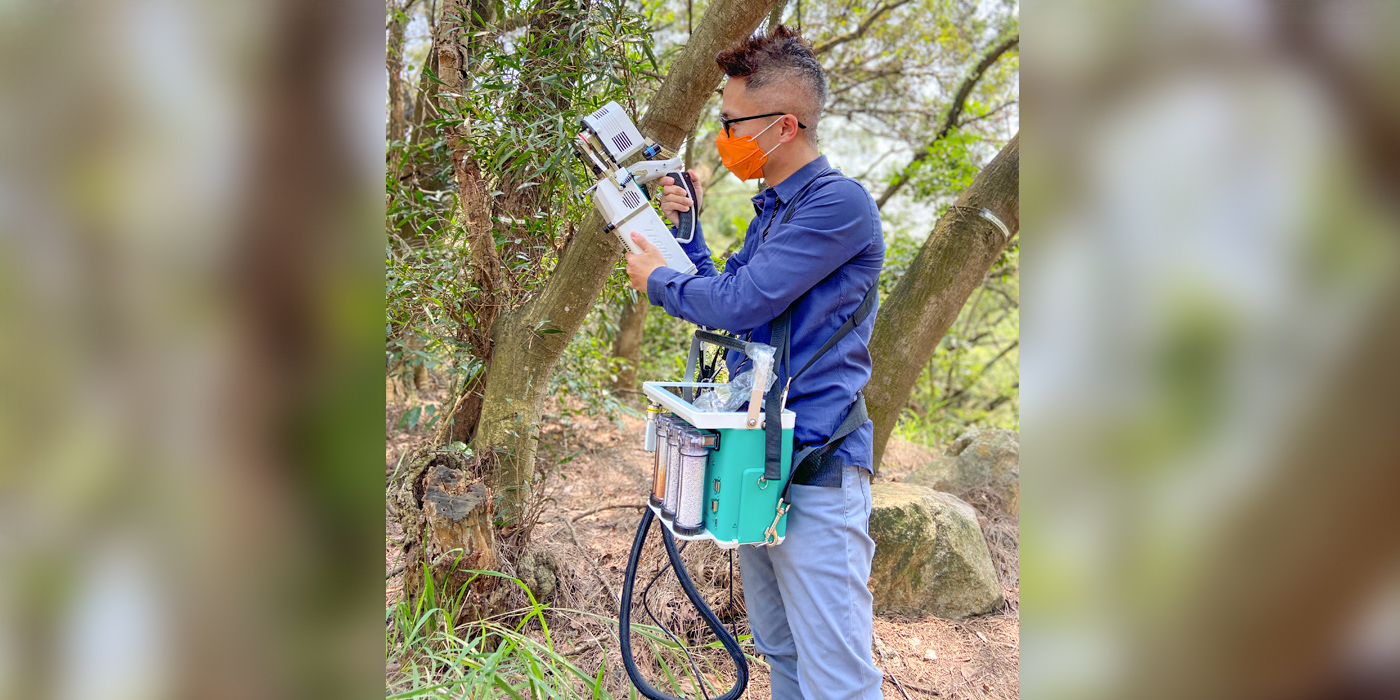
What actions are you recommending in light of your findings?
If humans are at the heart of the problem, we are also at the heart of its solution. Notice how the air quality improved immediately—though sadly, only temporarily—when a lot of production came to a halt during the 2008 financial crisis, and again during the recent covid-19 pandemic. Given the known effects of meat production on air quality and climate, we’re recommending a more plant-based diet, in line with the Chinese Dietary Guidelines 2016. This is potentially game-changing, because it gives us ordinary folks the chance to do our bit, instead of assuming that it is up to governments and large corporations to solve the problem.
Tell us how you’ve come to be a researcher and teacher of sustainability.
I used to be quite a bug enthusiast when I was kid. Originally, I wanted to become a zoologist when I grew up, but then I realised I was more interested in the big picture—the interconnections among lives—than in focusing on just a few creatures. I wanted to try to fix the larger issues, and perhaps save more lives.
And so I went to MIT for a BSc and Harvard for a PhD in atmospheric science. When I was a postdoctoral fellow at MIT, I heard about CUHK’s new programme in Earth System Science. I’d always wanted to teach, as much as I wanted to develop a career in scientific research. I am thankful for the opportunity to join CUHK as it puts equal emphasis on education and research, allowing us to pursue our passions to the fullest extent.
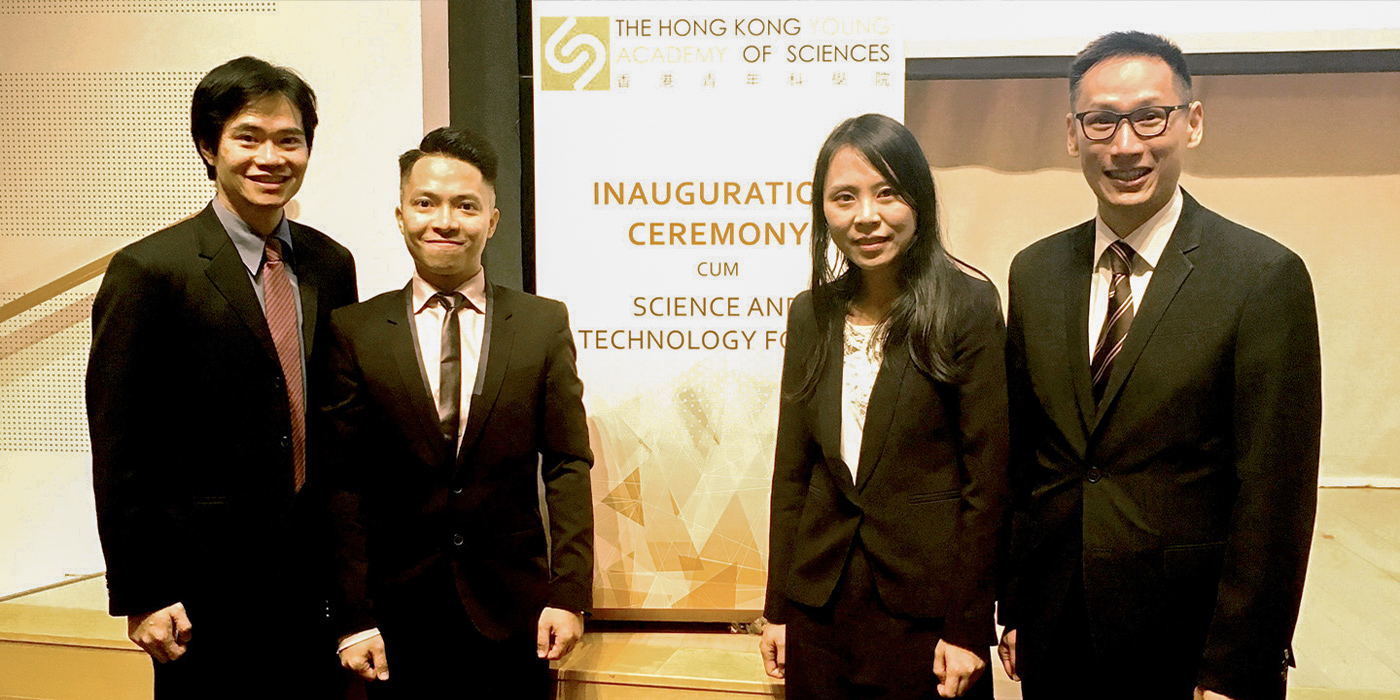
You mentioned in a 2016 interview that you were at one point ready to quit academia and work instead on the frontline of environmental protection. It was your love of teaching that kept you going. How do education and direct intervention compare?
Back then, I was still a PhD student, hesitating between a possible career in international development—that can directly and more immediately advance local environmental agenda in the developing world—and staying in academia, where I could do scientific research with potentially large but perhaps more remote impacts on society. It was theologian Frederick Buechner’s saying that inspired me to rethink my goal: “The place God calls you to is the place where your deep gladness and the world’s deep hunger meet.” I found my true calling: to be both an educator and a researcher, equipping and motivating students to find their own life purpose while addressing the world’s most imminent environmental challenges that disproportionately affect the poor.
Sustainability education lets young people see climate change as an emergency that needs our immediate attention, and rethink their relationships with nature. It could possibly be a life-changing experience for students, who may be inspired to adopt a more sustainable lifestyle and help make more sustainable decisions in their career, and perhaps even find their vocation in environmental protection.
As associate director of the Office of University General Education, you’ve been involved in leading its SDG Study Scheme. Basically, how does this scheme work?
The SDG Study Scheme serves as a common thread in the Four Areas of University General Education. Students shall be able to see how the 17 UN’s sustainable development goals permeate all aspects of life, and how they can all play a part to help advance the goals.
We are planning to provide more opportunities for students to make direct impacts on the community by engaging them in experiential and service learning activities such as community-based projects that enhance both personal growth and the common good. We will also incorporate sustainability concepts in the two General Education Foundation courses—In Dialogue with Humanity and In Dialogue with Nature—so that every CUHK student, guided by the reading of classic texts, can have a better understanding of the enormous challenges that we and our planet face in the 21st century, and learn what we can do to increase the chances of our survival as a species.
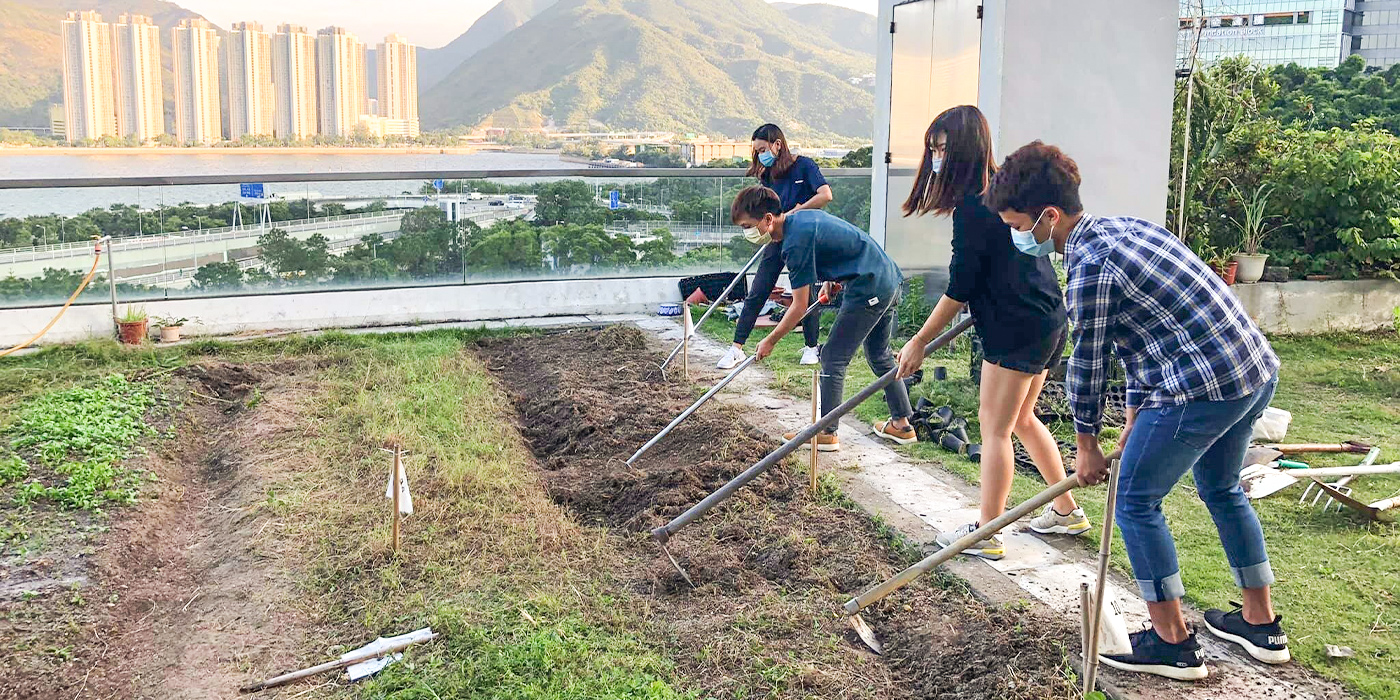
Photo courtesy of the interviewee and Social Responsibility and Sustainable Development Office
This full article has appeared in Sustainable Development Matters 2022.

